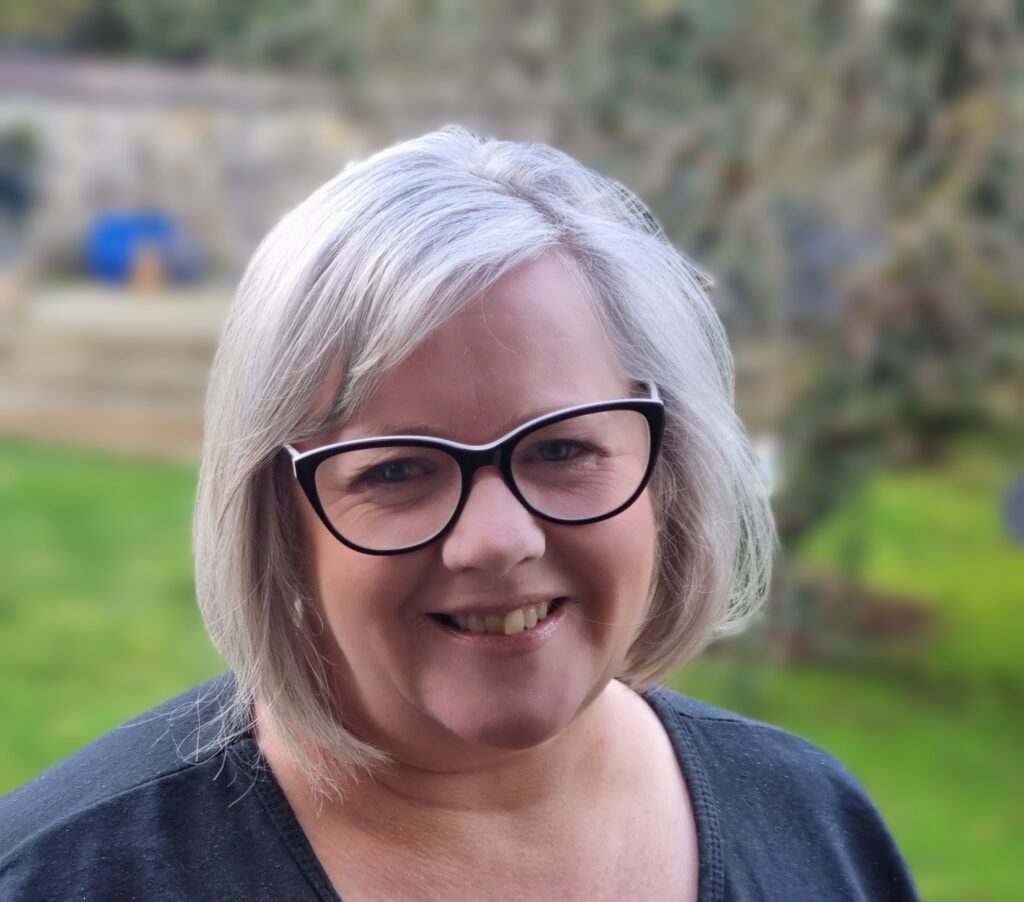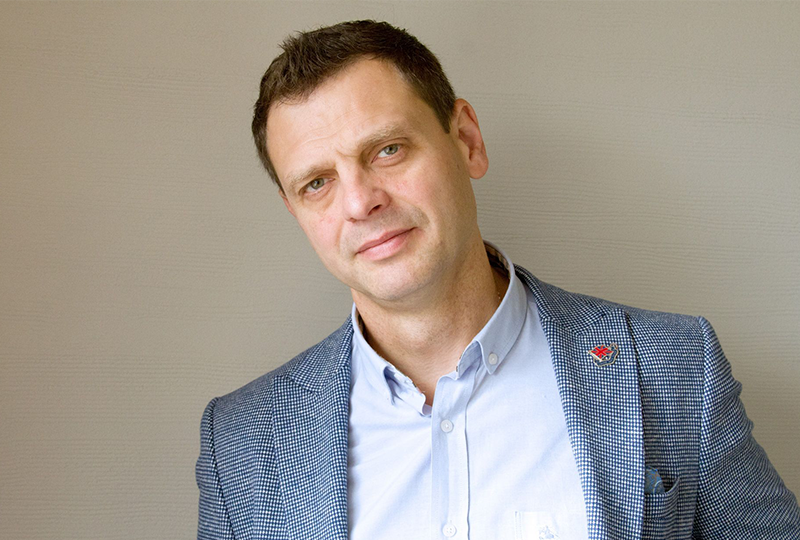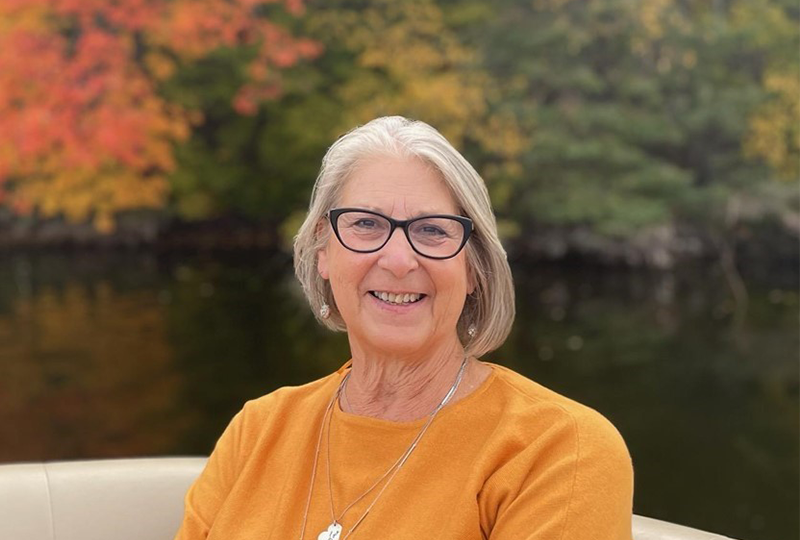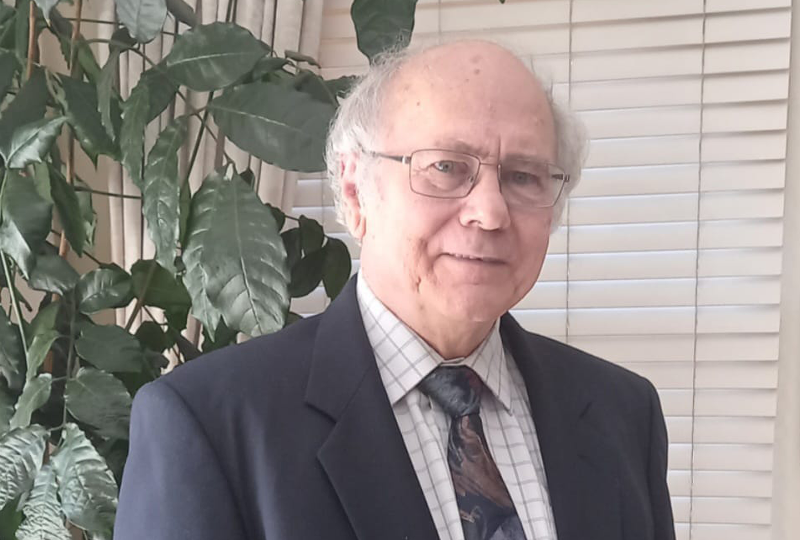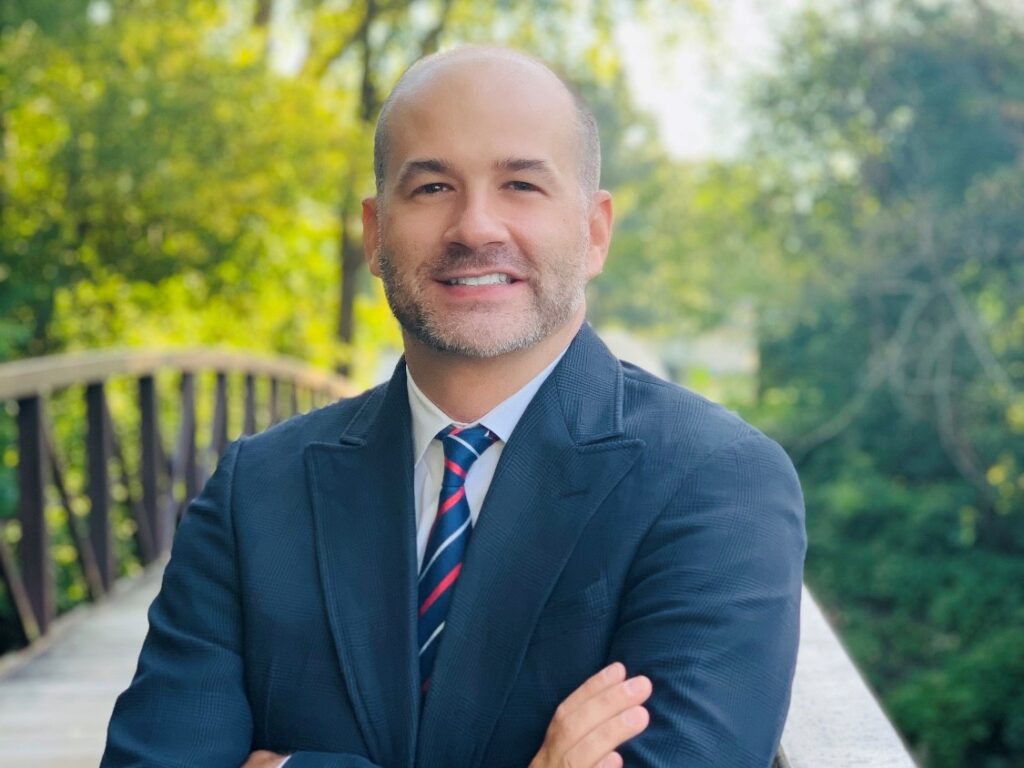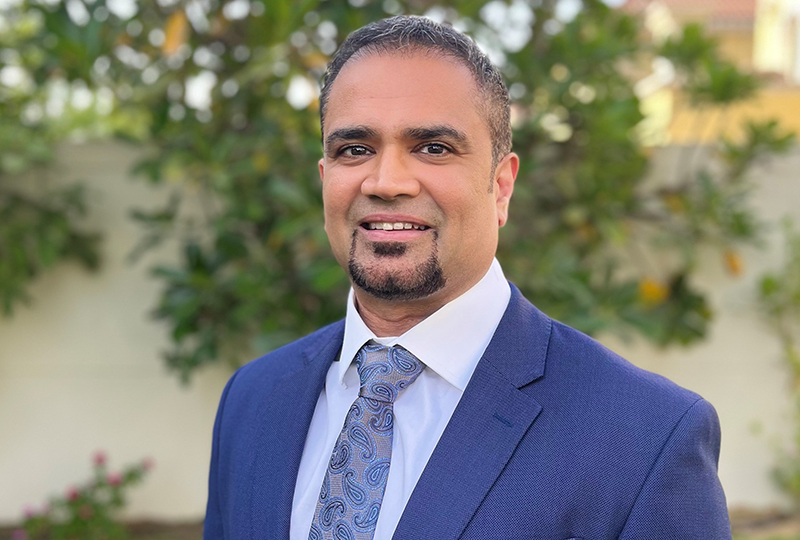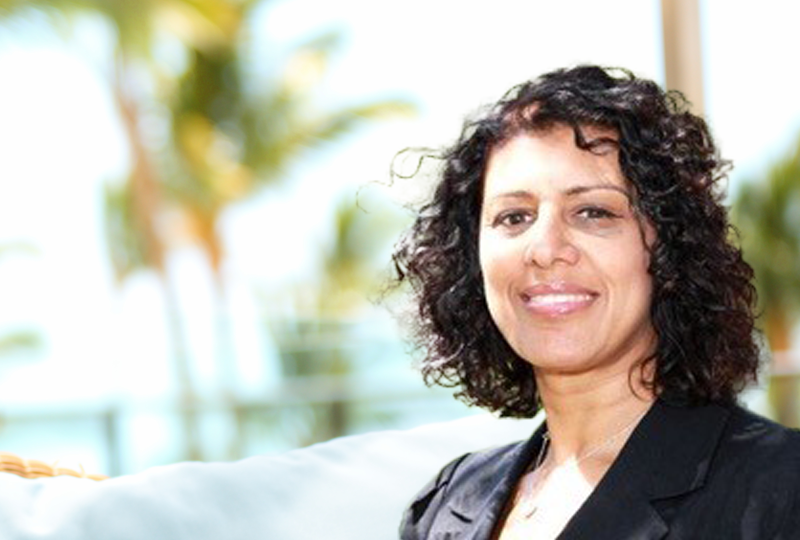Associate

Kevin Hasler has over two decades of international communication consultancy experience working in his native UK, the Middle East, and Central Europe. He began his career as a newspaper journalist in England and Wales before moving into senior communication consulting roles.
He is widely experienced in delivering senior counsel, media and crisis training, and strategic content development to multinational clients and senior executives in the public and private sectors.
A British national, Kevin has led and managed PR businesses in the UAE, Kuwait, Oman, Bahrain, Saudi Arabia, Serbia, Slovenia, and Hungary, where he managed the largest PR agency in the country from its Budapest headquarters.
He has delivered media training and crisis management training exercises for major international companies and Government organizations across multiple geographies. He has advised senior executives during major real-time crises, including fatalities and major reputational challenges.
His broad-ranging client experience spans major international tourism projects, the manufacturing industry, pharmaceuticals, defence, technology, healthcare, inward investment bodies, and working on major international events, among many others.
PR Agency experience includes working with Bell Pottinger Good Relations, Hill & Knowlton, Mmd/Grayling, Ketchum, Cohn & Wolfe, and APCO Worldwide.
Now based back in the UK, Kevin is a graduate of Politics and Economics from the University of Bradford and holds professional journalism qualifications.
